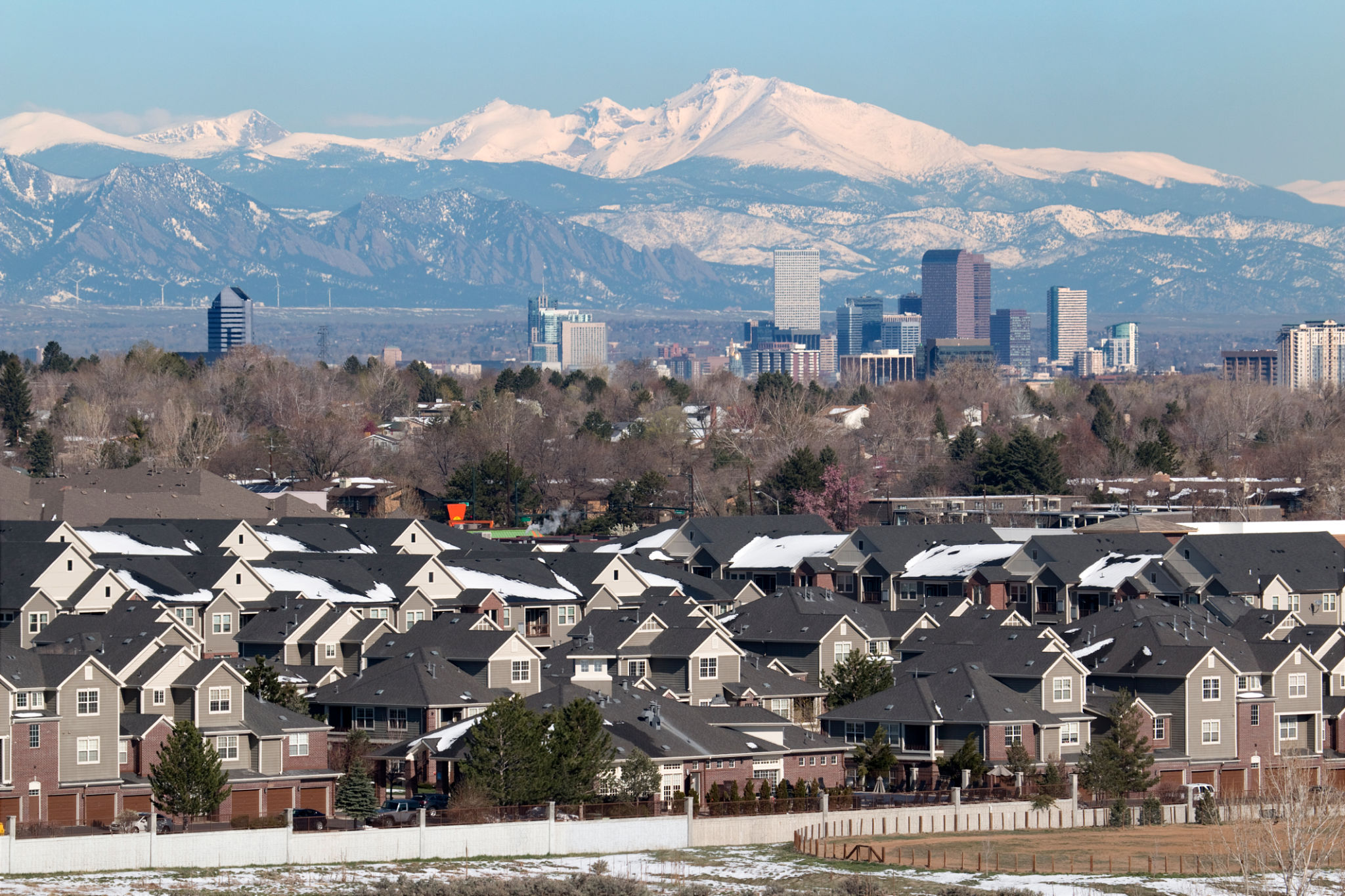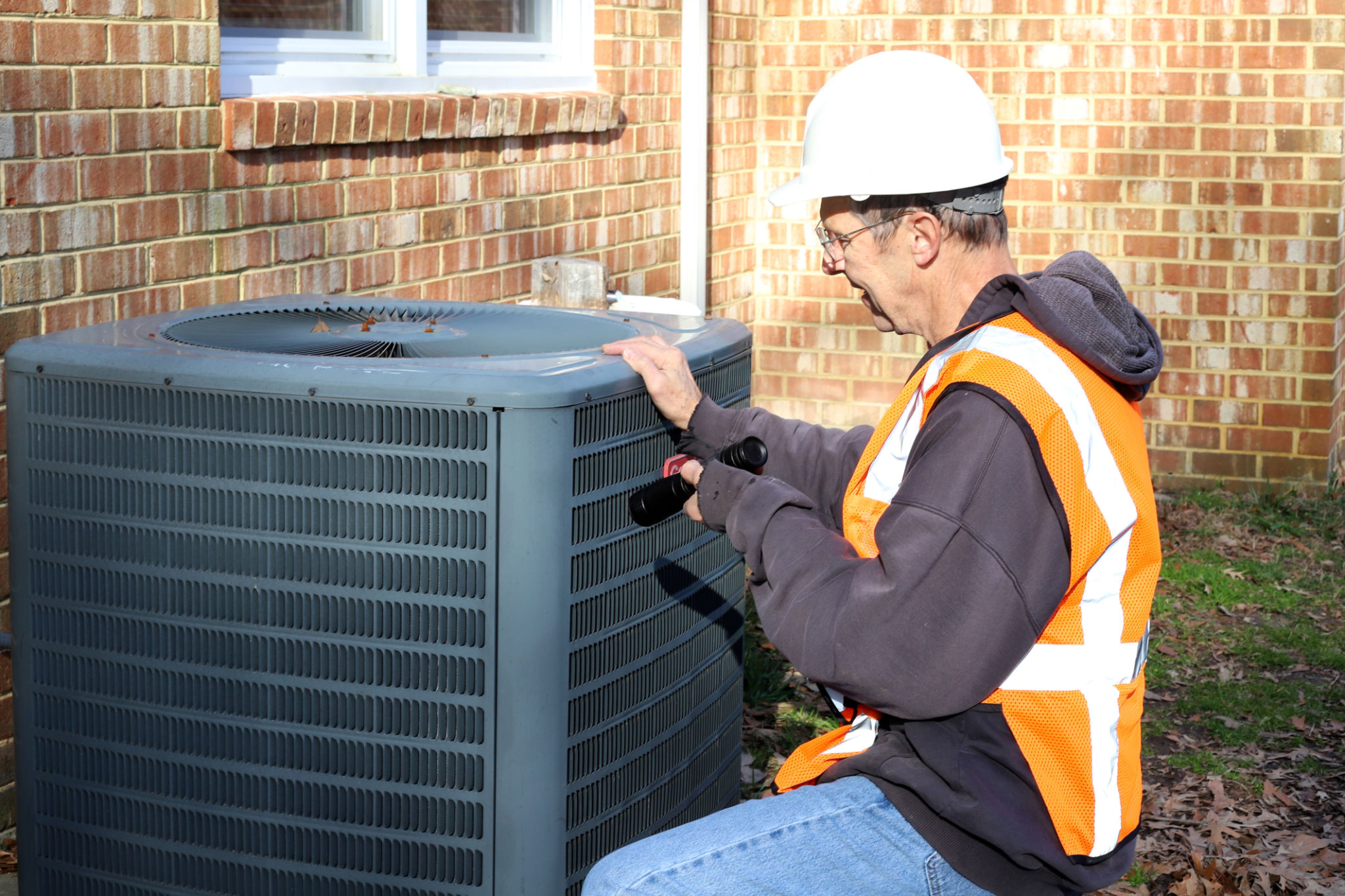Understanding Colorado's HVAC Regulations: What Homeowners Need to Know
Introduction to Colorado's HVAC Regulations
As a homeowner in Colorado, understanding the state's HVAC regulations is crucial for ensuring your heating, ventilation, and air conditioning systems are compliant and efficient. These regulations are designed to promote energy efficiency, safety, and environmental responsibility.
Colorado's climate demands a reliable HVAC system, and adhering to these regulations can help you avoid potential fines and ensure the longevity of your equipment.

Why HVAC Regulations Matter
HVAC regulations in Colorado are established to uphold safety standards and promote energy efficiency. These regulations can impact everything from installation procedures to maintenance requirements. By following these guidelines, homeowners can benefit from reduced energy bills, improved air quality, and increased safety.
Moreover, compliance with HVAC regulations can enhance your home's resale value, as prospective buyers often look for properties with up-to-date and compliant systems.
Key Regulations for Homeowners
Energy Efficiency Standards
One of the main focuses of Colorado's HVAC regulations is energy efficiency. The state follows guidelines set by the Department of Energy, which includes minimum efficiency ratings for HVAC equipment. Homeowners should ensure that their systems meet or exceed these ratings to benefit from lower energy costs and potential rebates.

Installation and Maintenance Requirements
Proper installation is critical for the effective performance of your HVAC system. Colorado regulations require that installations be carried out by licensed professionals to ensure compliance with safety and efficiency standards. Regular maintenance is also mandated to keep systems running optimally and to identify potential issues before they become major problems.
Permits and Inspections
In many cases, homeowners will need to obtain permits for significant HVAC work, especially when installing new systems or making substantial modifications. These permits ensure that installations meet local building codes and regulations. Additionally, inspections may be required to verify compliance.

Environmental Considerations
Colorado's HVAC regulations also address environmental concerns. The state encourages the use of eco-friendly refrigerants and systems that minimize environmental impact. Homeowners should be aware of these requirements when upgrading or servicing their HVAC units.
By choosing environmentally responsible options, homeowners contribute to the state's sustainability goals while potentially qualifying for tax incentives or rebates.
Steps to Ensure Compliance
To ensure your HVAC system complies with Colorado regulations, follow these steps:
- Consult with a licensed HVAC professional to assess your current system.
- Obtain necessary permits for installations or major repairs.
- Schedule regular maintenance checks.
- Stay informed about updates to local regulations and energy efficiency standards.
Taking these steps can help you maintain a compliant, efficient, and safe HVAC system in your home.
Conclusion
Understanding and adhering to Colorado's HVAC regulations is essential for homeowners who want to ensure safety, efficiency, and environmental responsibility. By staying informed and engaging with professionals, you can optimize your home's heating and cooling systems while contributing positively to the environment.

